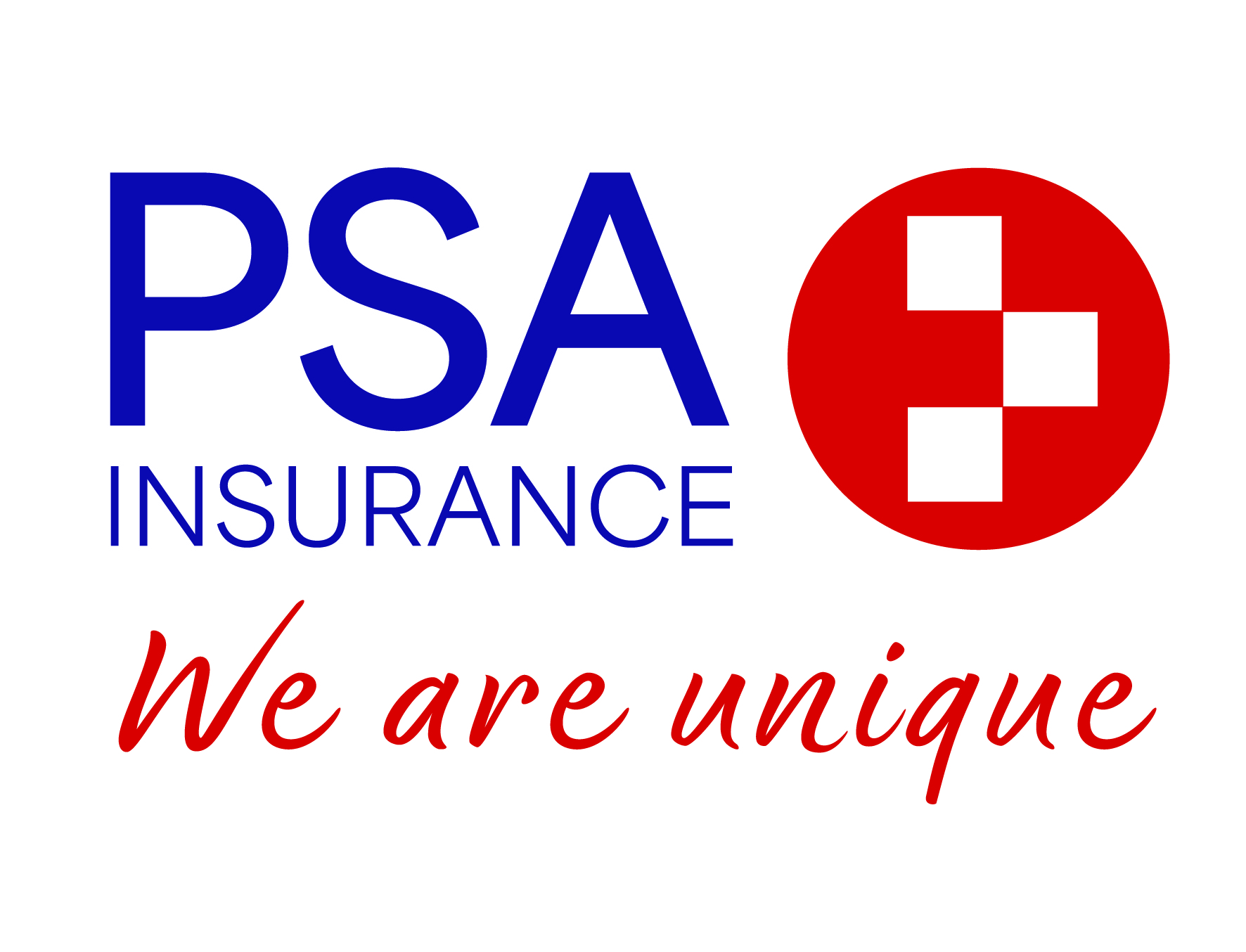Oops... there's nothing here.
Whatever you were looking for was either never here or is no longer here. Unless you were looking for this error page, in which case congrats! You found it.
Try finding the page using the menu above or click on the magnifying glass and search the website.
Lost? Email us at [email protected] or call 03 8825 4600






